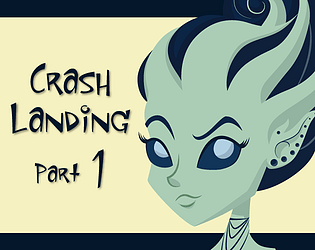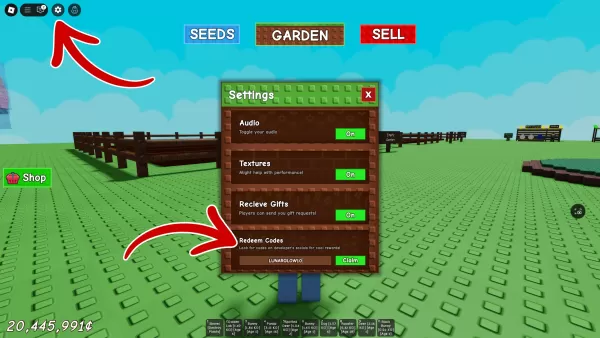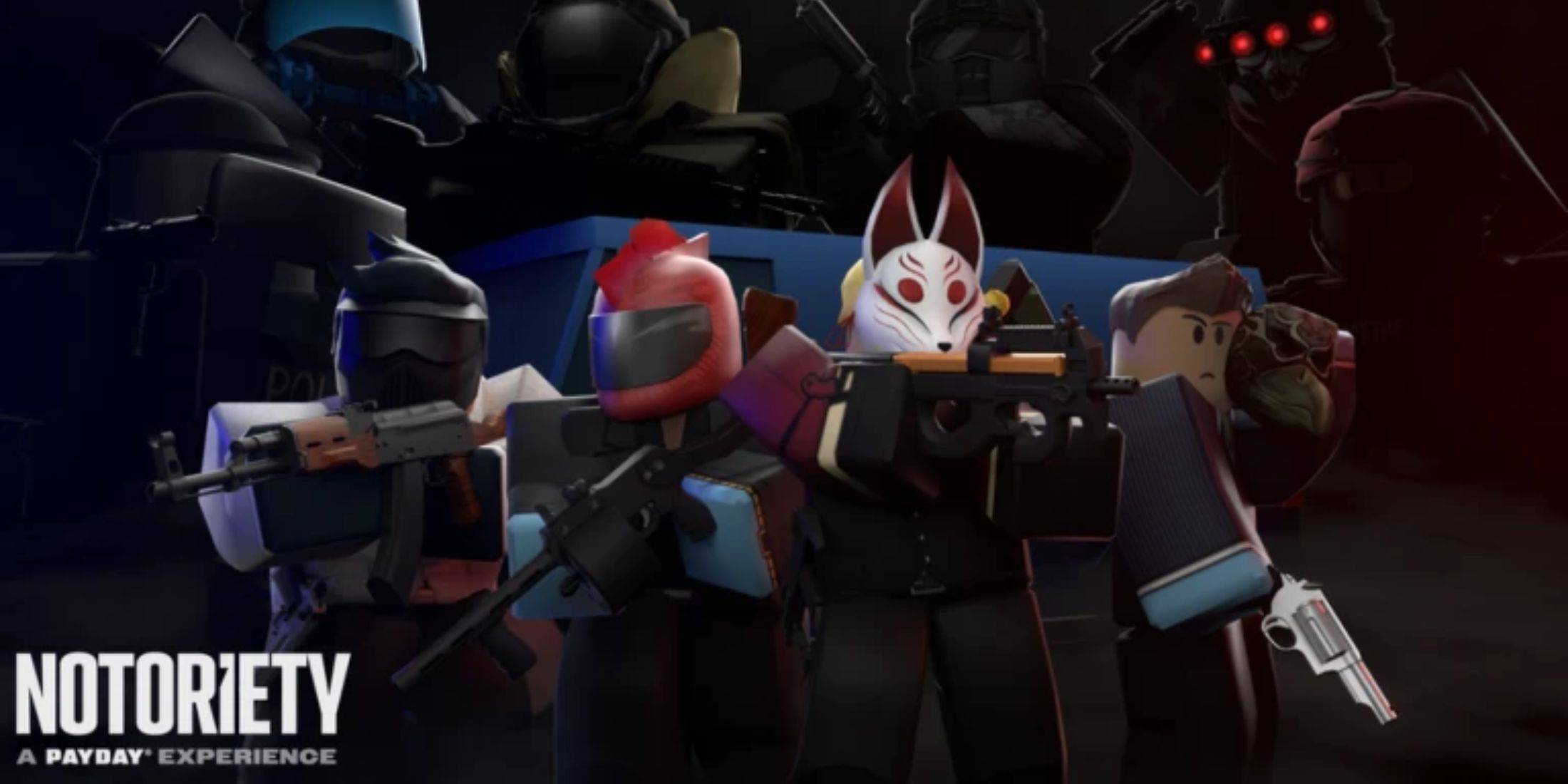Roblox Cheaters Targeted with Malware Disguised as Cheat Scripts
Cybercriminals Exploit Roblox Cheaters with Lua-Based Malware
A new malware campaign is targeting online gamers, specifically those seeking unfair advantages in games like Roblox. The malware, written in Lua, is disguised as cheat scripts and is spreading globally.

Fake Cheat Scripts Deliver Malicious Payloads
The lure of cheating is being exploited by attackers who use SEO poisoning to promote malicious websites offering fraudulent cheat scripts. These scripts, often presented as GitHub push requests, target popular cheat engines associated with Roblox, such as Solara and Electron. False advertising further deceives users into downloading the malware.

Lua's ease of use and prevalence in game development, including Roblox, World of Warcraft, and Angry Birds, makes it an attractive vector for attackers. Once executed, the malicious Lua script connects to a command-and-control server, potentially enabling data theft, keylogging, and complete system compromise.

Roblox's Vulnerability
Roblox's user-generated content and Lua-based scripting environment create a fertile ground for malware. Malicious scripts are embedded within seemingly legitimate third-party tools and packages, like the Luna Grabber malware found within the "noblox.js-vps" package (downloaded 585 times before detection).

Despite the lack of sympathy for cheaters online, the risks associated with this malware campaign highlight the importance of digital security practices. The potential consequences—data breaches and system compromise—far outweigh any perceived benefits of using cheat scripts.

Gamers are urged to prioritize digital hygiene and avoid downloading unofficial or untrusted software. While the temptation to cheat may be strong, the risks are simply too high.
-
The Sony DualSense stands out as the premier PS5 controller, thanks to its innovative features, comfortable grip, and ergonomic design that enhance your PlayStation 5 gaming experience. Connecting it to a high-performance gaming PC might seem challenAuthor : Aria Feb 23,2026
-
Figment 2: Creed Valley delivers a surreal action-adventure experience for iOS players. Step into a world where the human mind comes alive - where melodies become landscapes and battles transform into musical performances. You'll play as Dusty, the vAuthor : Owen Feb 21,2026
-
 Lust Doll Plus (r66.1)Download
Lust Doll Plus (r66.1)Download -
 Southern PokerDownload
Southern PokerDownload -
 Fruit Summer Slots MachineDownload
Fruit Summer Slots MachineDownload -
 Tarot Offline - Card GameDownload
Tarot Offline - Card GameDownload -
 Virtuelles Casino - Craps Spiel OnlineDownload
Virtuelles Casino - Craps Spiel OnlineDownload -
 BrazilyaDownload
BrazilyaDownload -
 Battle Angel Moe moe arena-Download
Battle Angel Moe moe arena-Download -
 Sandy BayDownload
Sandy BayDownload -
 Spell CastersDownload
Spell CastersDownload -
 Brain Puzzle - IQ Test GamesDownload
Brain Puzzle - IQ Test GamesDownload
- Black Ops 6 Zombies: How To Configure The Summoning Circle Rings on Citadelle Des Morts
- Roblox: Latest DOORS Codes Released!
- Harvest Moon: Lost Valley DLC and Preorder Details Revealed
- Silent Hill 2 Remake Coming to Xbox and Switch in 2025
- Roblox: Blox Fruits Codes (January 2025)
- Roblox: Freeze for UGC Codes (January 2025)








![Taffy Tales [v1.07.3a]](https://imgs.ehr99.com/uploads/32/1719554710667e529623764.jpg)




